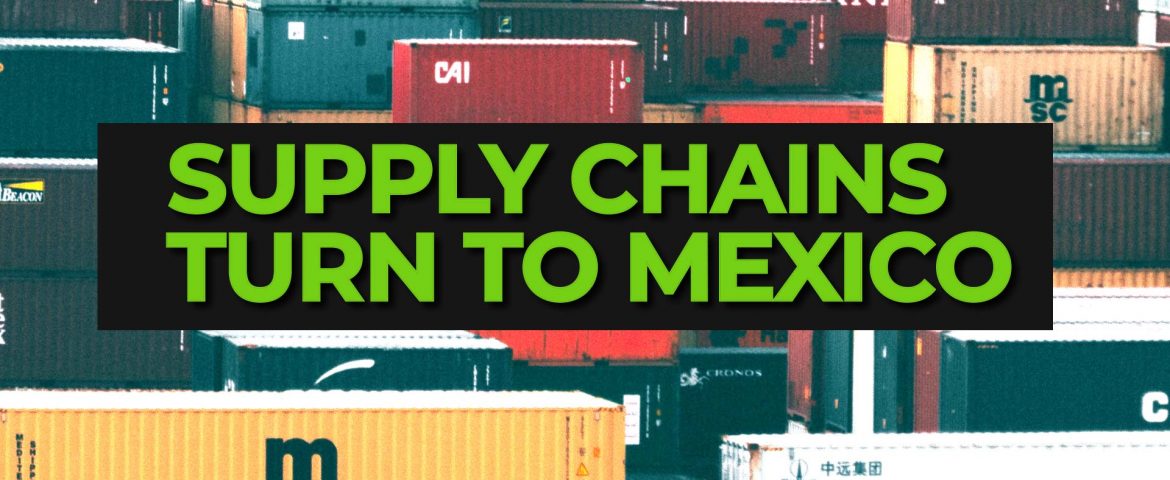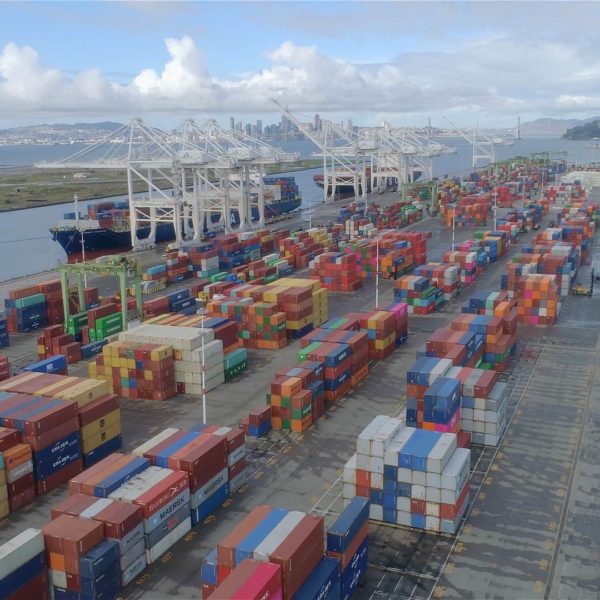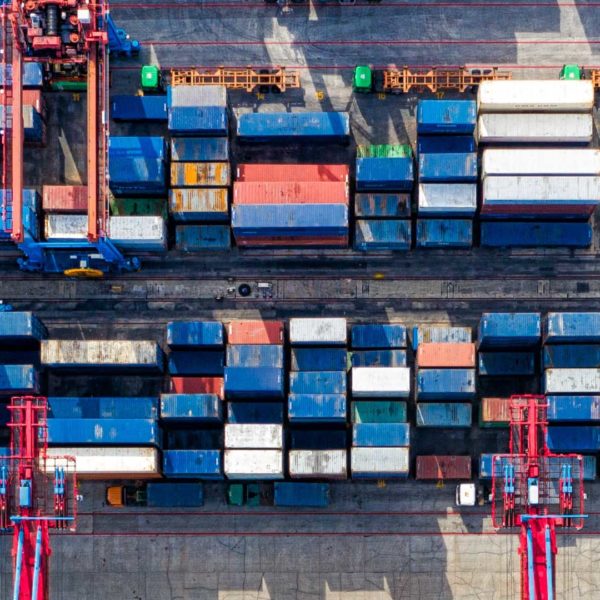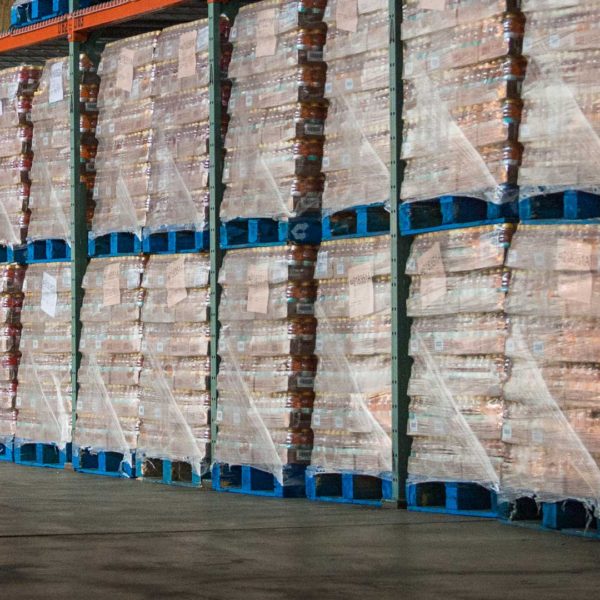China has been the back bone of US outsourced manufacturing for decades, but some brands are now questioning the over reliance on China and looking for potential alternatives with Mexico and India being at the top of the “list”.Global supply Chains have been struggling to keep up with the rapid changes and uncertainty due to the Coronavirus. With a focus on just in time inventory practices, many brands that faced supplier shutdowns or transportation disruptions ran out of components or finished goods. COVID19 thus has in part put a stronger focus on supply chain resiliency and diversification with the cross hairs firmly on China.
Mexico in particular possess qualities that make it an attractive alternative namely due to its close proximity to the United States, which reduces transportation costs and makes oversight of foreign factories easier. Goods coming from Mexico to the United States are not forced to utilize ocean or air transportation and can instead use cross border trucking or railroad services. Not only is this less complex, but the lead time on moving freight from Mexico to the US is measured in days, not weeks as is the case with China. Mexico’s proximity to the US also makes it much easier for US firms to manage “near shored” manufacturing facilities.
Interestingly there are many reasons behind the trend to broaden manufacturing footprints from China. On top of recent Trump administration tariffs, the cost of making products in China has actually increased and it is no longer as cheap as it once was for more basic goods to be produced in China. For garments and textiles, Mexico, Vietnam and India are now as competitive if not more so than China. Intellectual property has also been an issue with some firms, particularly tech firms. While China will continue to be a massive source of US imports, the number of companies that solely rely on Chinese factories will decrease, while likely new manufacturing investments will be focused strongly on India, Thailand, Mexico, and Vietnam.
Until the last week, Mexico had topped the list of top trading partner with the US in 2020, however in April, China once again reclaimed the top spot.
GoPro

Touted by Gopro officials as a cost savings move, citing a rise in China production costs, the move to Mexico will be furfill most of the manufacturing needs to North American bound cameras.
Electronics firms: Foxconn, Inventec, Panasonic
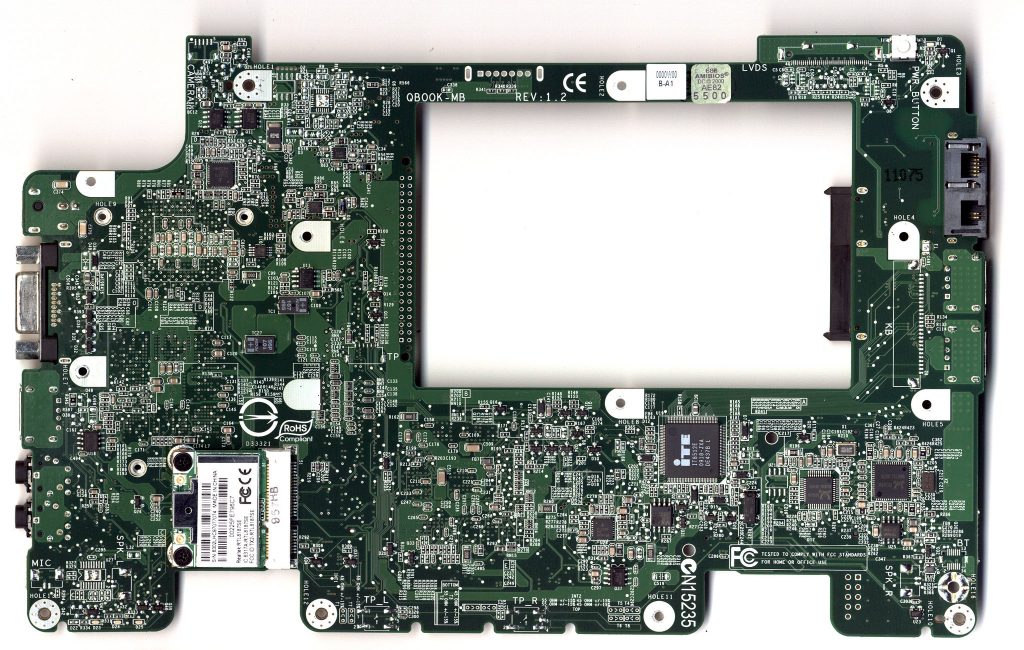
Electroncis and chip manufacturing has seen a rise in Mexico recently with these brands investing in Mexico for manufacturing needs.
Hasbro
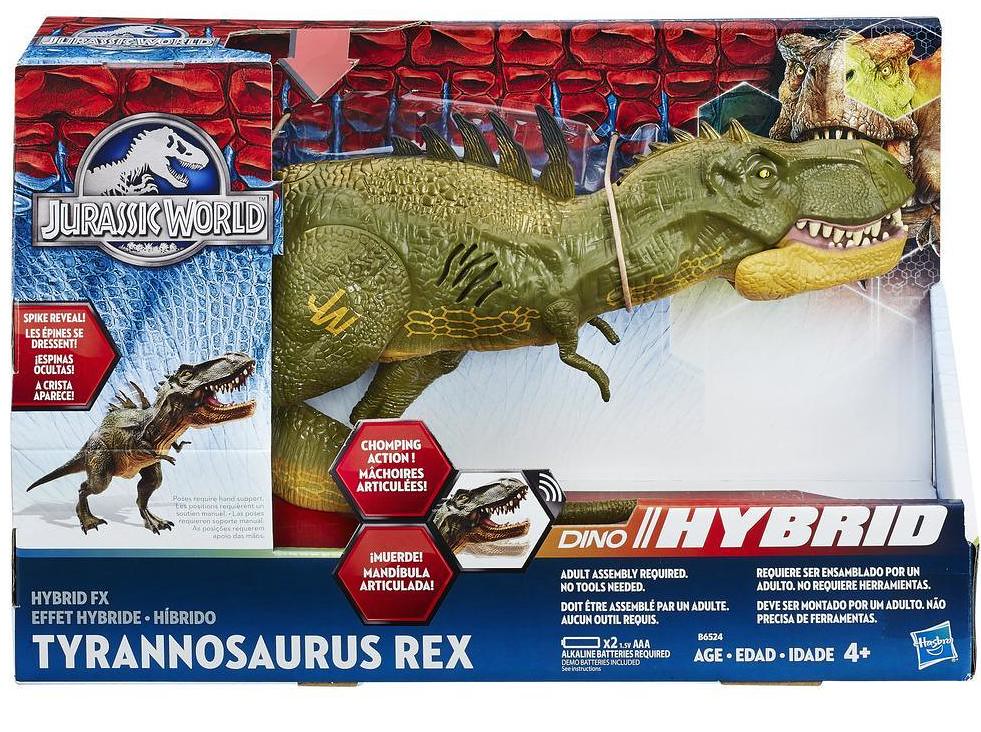
In an effort to diversify its supply chains, Hasbro is another firm that has taken a focus on spreading production across multiple areas while shifting away from China
Toyota and other Japanese car companies
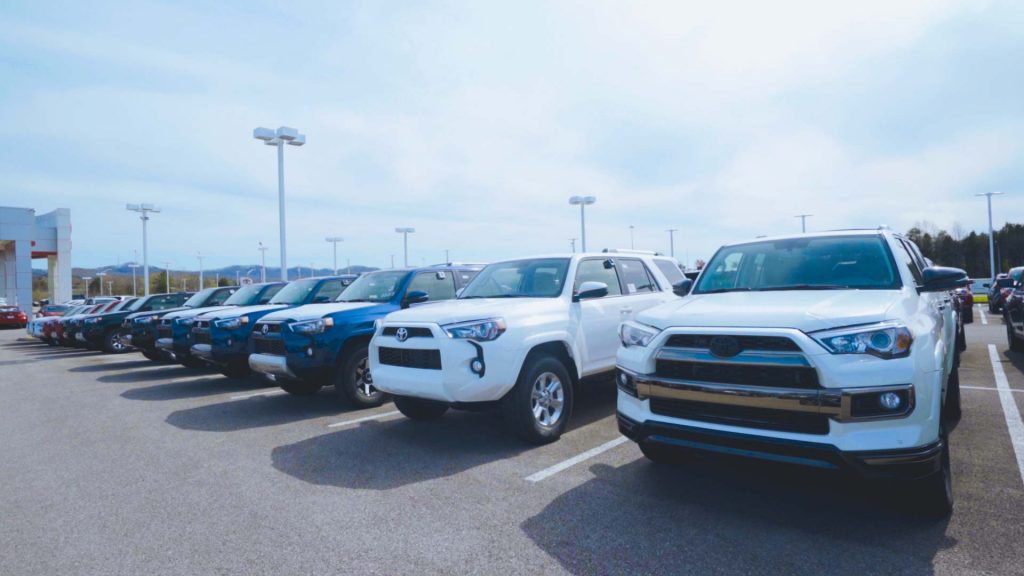
For polictical and cost related reasons, Toyota, Mazda and Nissan have moved some production to Mexico.
Amazon
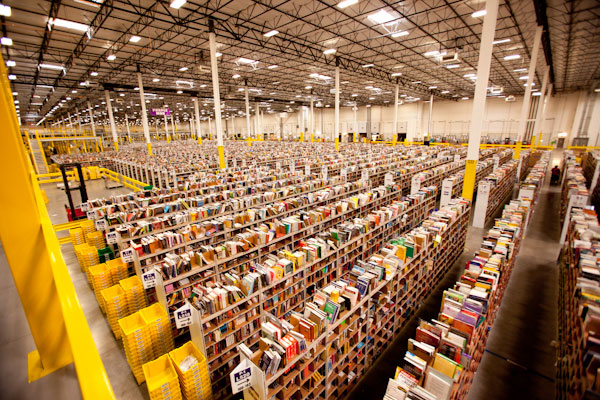
While a different situation than the other companies listed, Amazon has decided to step away from their domestic Chinese marketplace but continuing to expand operations in South America.
Nike

Nike has decided to decrease it’s reliance on China as a manufacturing hub due to mentioned trade issues, costs and supply chain reliability, but has remained committed to investing in Mexico as well as other South Eastern Asian nations.
It’s too early to tell how the rest of the year will go, especially considering the uncertainties associated with the continued COVID19 pandemic, and it’s anyone’s guess as to whether China or Mexico will complete the year as the top US trading partner. However, freight volumes and US imports in particular, are predicted to slowly rise as the economy reopens, but how quickly and how much volumes will rise depend heavily on consumer demand and overall economic health. Freight providers are also scrambling to redeploy assets to match client demand across all forms of transportation, such as many ocean carriers making alterations to their route planning and making special trips to move empty containers to where they are needed. North American railroads are also altering their operations plans to better match the reduced volumes and increase service metrics. Among all the uncertainties, one certainty is that supply chains will be permanently impacted and shaken by COVID, and a renewed emphasis will be placed on supply chain diversification and resiliency.
Recommended for further reading:
https://qz.com/1426312/with-nearshoring-garment-production-may-move-from-china-to-mexico-and-turkey/
https://www.co-production.net/mexico-manufacturing-news/companies-leaving-china\
https://www.cnbc.com/2019/08/27/hasbro-ceo-moving-out-of-china-has-gone-very-well-for-us.html
Zmodal provides comprehensive supply chain solutions that are data based and focused on optimizing your supply chain logistics plan for better reliability and efficiency. We focus on a multimodal approach to building resiliency that is backed by a first class team that provides 24/7 support and the technology to keep your supply chain connected and visible. Our technology provides shippers easy access to convert over the road freight to intermodal. If you want to talk or want a completely free initial consultation, give us a shout!
